Author: Jennifer
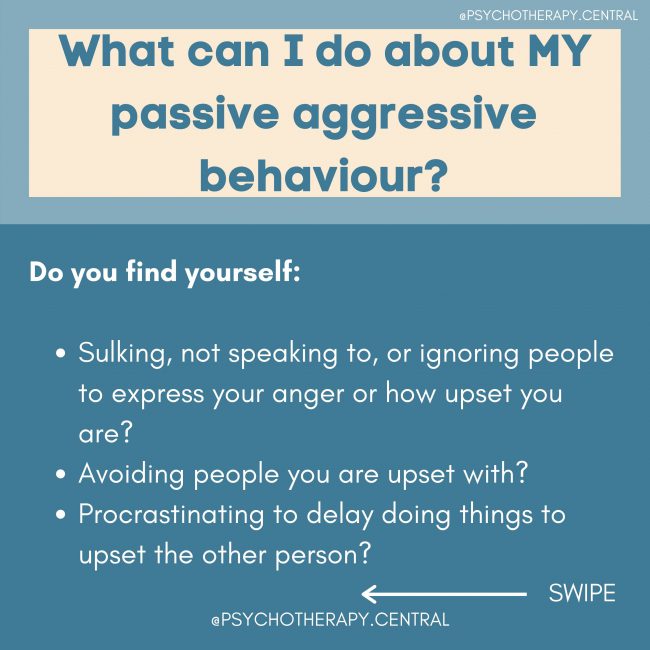
What Can I Do About MY Passive Aggressive Behaviour?
Most passive aggressive people have usually learnt this form of communication / behaviour from their parents, or a parent. I find one of the major reasons for passive aggressive behaviour is essentially conflict avoidance. The thought of getting into a …

How To Cope With Passive Aggressive People
Let’s not beat around the bush…dealing with passive aggressive people can be REALLY tricky. I know because I grew up with some and I have been one at different times in my life. When someone is being passive aggressive, they …

How To Recognise Passive-Aggressive Behaviour
A lot of passive aggressive communication comes from a difficulty with communicating assertively. It can be difficult for passive aggressive people to communicate things they think might be received negatively. They might find it difficult to: say ‘no’ put boundaries …
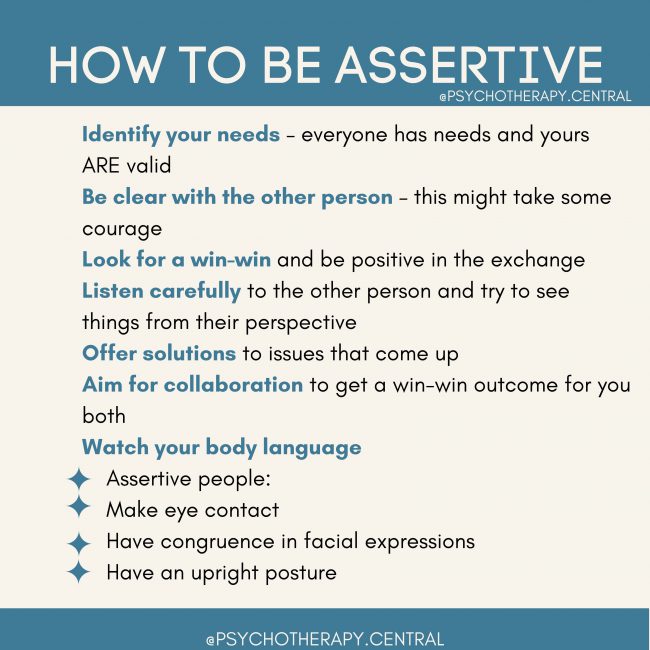
How To Be Assertive
Unless you have grown up with healthy role modelling around assertiveness, it is likely this is something you struggle with. I have learnt to be assertive slowly. It was not role modelled for me. I still flip into aggressive (my …

The Benefits Of Being Assertive
Assertiveness is when we have a strong self-esteem and maintain healthy boundaries. Assertive communication is direct, clear and makes space for the other person. When we are assertive, we tend to experience less anxiety and depression because we are able …
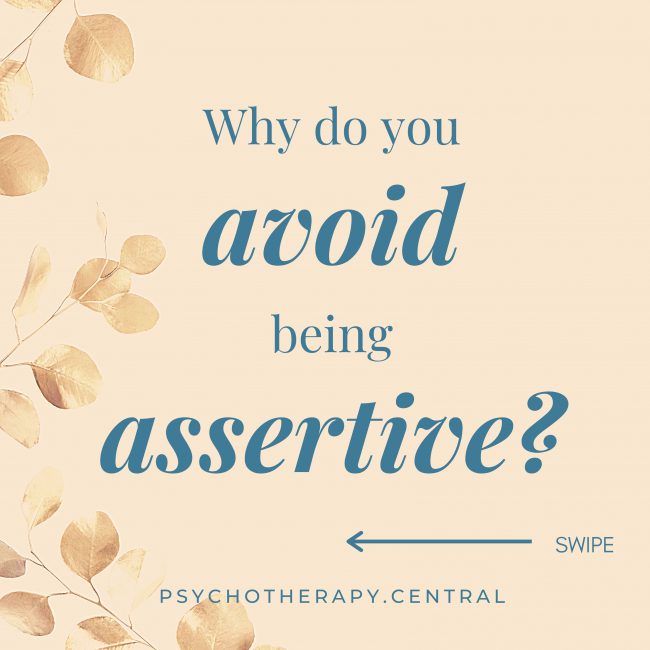
Why Do You Avoid Being Assertive?
There are many reasons people avoid being assertive. I find the two biggest reasons are: ‘The other person will be upset’ (conflict avoidance) and ‘I have no idea how to do it’. Let’s take ‘The other person will be upset’ …
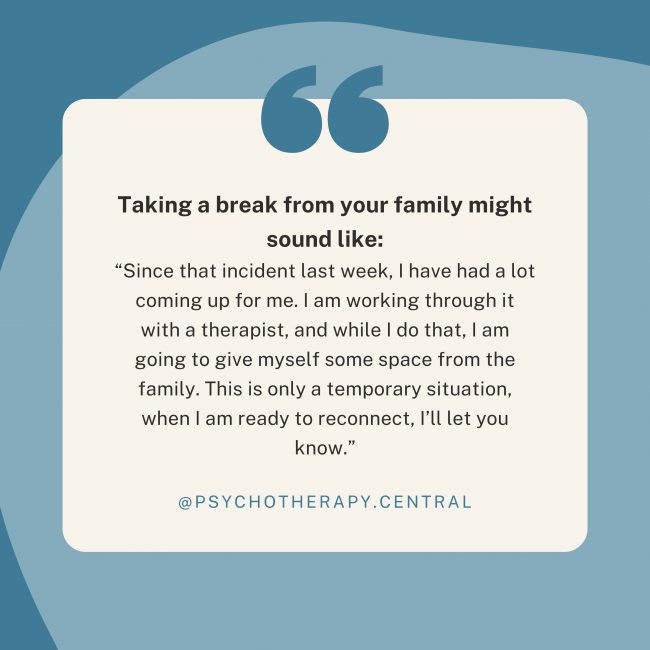
It’s Okay to Take a Break from Your Family
If you have grown up with a family system that is terrified of separation, that places family above all else, the thought of taking a break can be both terrifying and wonderful. It can be terrifying when you just think …
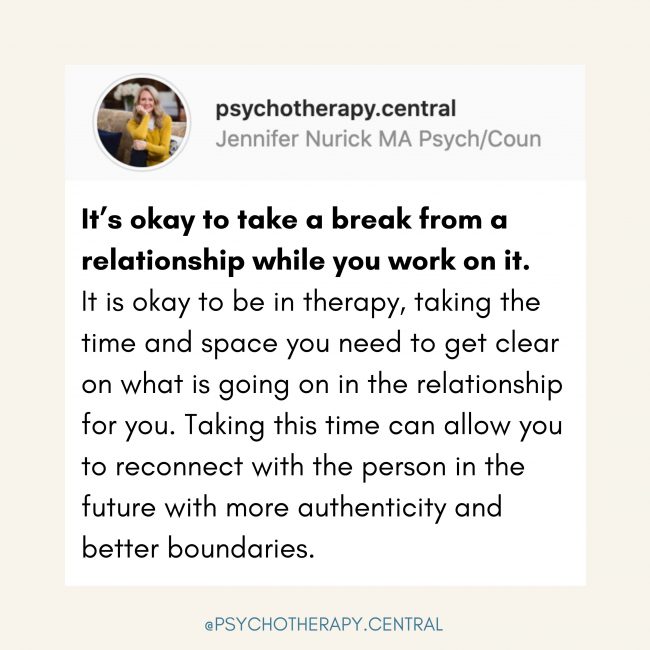
Taking Time Out In Relationships
There have been times in my life where I have taken breaks from certain people. When a relationship is going through a particularly triggering or intense time, self-care is vital. I have had many clients who have found it beneficial …
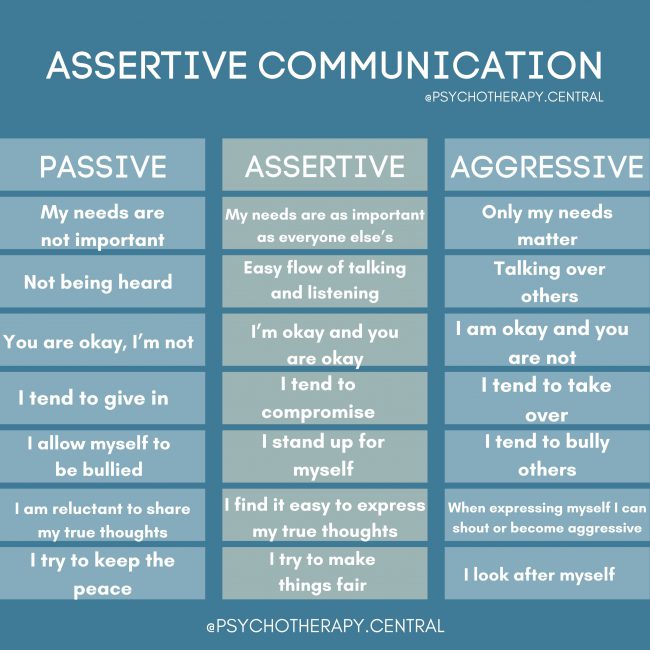
What Different Communication Styles Look Like
We usually end up having the communication patterns we learnt as children. If you grew up in an unsafe environment, you might have responded by becoming passive and being quiet to stay safe, or you might have spoken up in …
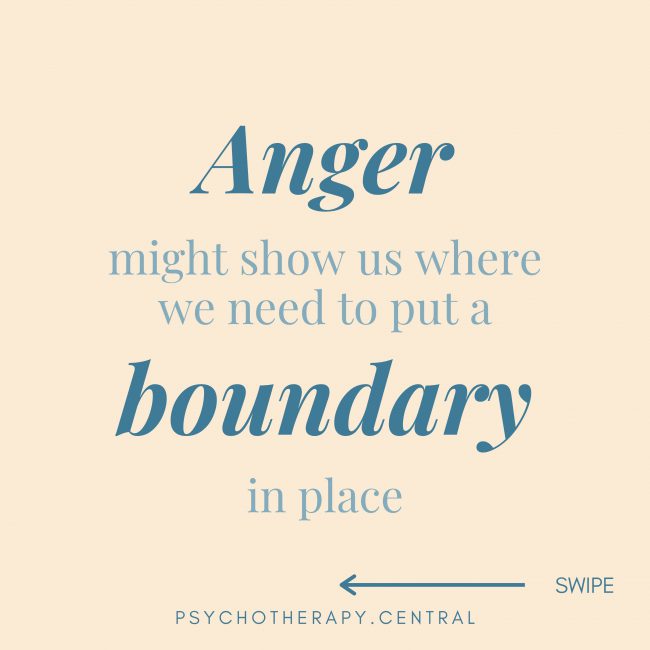
Anger Might Show Us Where We Need To Put A Boundary In Place
Anger is an emotion that is often a messenger. It is great to get curious about what the message is and if a boundary needs to be put in place. For example, if one of your friends repeatedly criticises your …